
Similar Posts
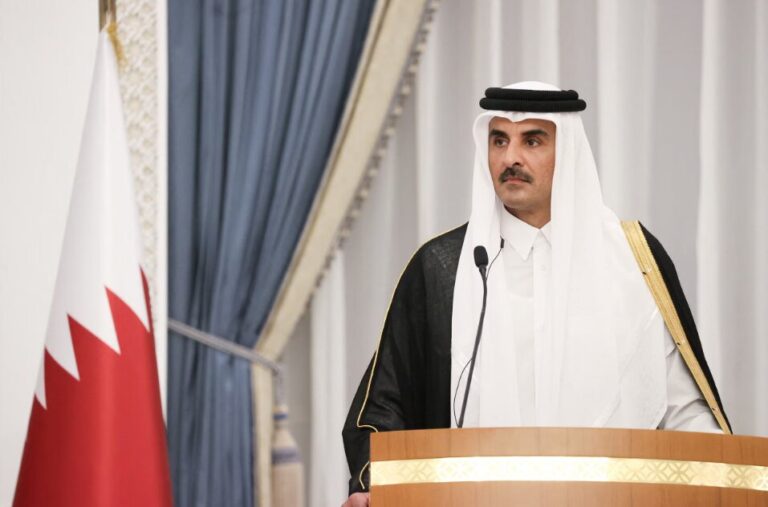
Qatar’s Bold Diplomatic Approach: Navigating Regional Crises with Principles
The ongoing military expansion of Israel in southern Syria and Lebanon emphasizes its historical roots in territorial growth, aiming to reshape the Middle Eastern geopolitical landscape. Israel’s military power, bolstered by American support and its nuclear arsenal, has prompted Arab nations, particularly Qatar, to enhance diplomatic efforts to counter these ambitions. Qatar has formally requested UN oversight of Israeli nuclear facilities and condemned Israel’s aggressive actions in Gaza and the West Bank. Strengthening ties with Iran, Qatar mediates regional conflicts and supports Palestinian resistance, asserting its independent foreign policy while opposing normalization with Israel.

Ensuring a Secure Iran-Pakistan Border: Combatting Insecurity and Terrorism Together
During a press conference in Tehran, Iranian President Mohammad Pezeshkian and Pakistani Prime Minister Muhammad Shehbaz Sharif emphasized the importance of securing their shared border to combat terrorism and criminal activities. Pezeshkian called for free, secure borders and welcomed peace initiatives, particularly a ceasefire between Pakistan and India, stressing dialogue for sustainable development. Both leaders also affirmed solidarity with Palestine and condemned Israeli actions in Gaza. Sharif expressed unwavering support for Iran’s nuclear program and aimed to boost bilateral trade to $10 billion. The discussions marked a commitment to regional stability, security, and enhanced economic collaboration.
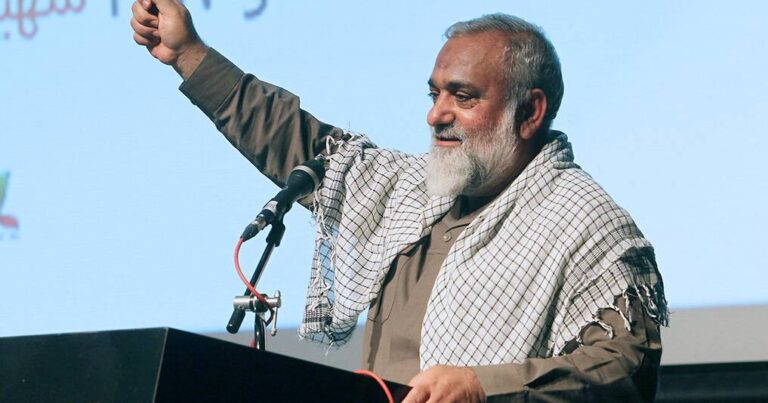
IRGC Cheers Israeli Military Chief’s Resignation: A Triumph for Iran
The resignation of Israel’s military chief, Lt. Gen. Herzi Halevi, following the October 7 Hamas attack, has drawn strong reactions from the Islamic Revolutionary Guard Corps (IRGC). Halevi’s decision, effective March 6, is seen by IRGC leaders as a sign of a weakening Israeli government and a defeat in the Gaza conflict. Halevi took responsibility for security failures during the attack, which resulted in over 1,400 deaths and significant casualties. IRGC officials view this as a victory for resistance movements in the region, while analysts question the effectiveness of Iran’s military strategies amid challenges faced by its proxies.
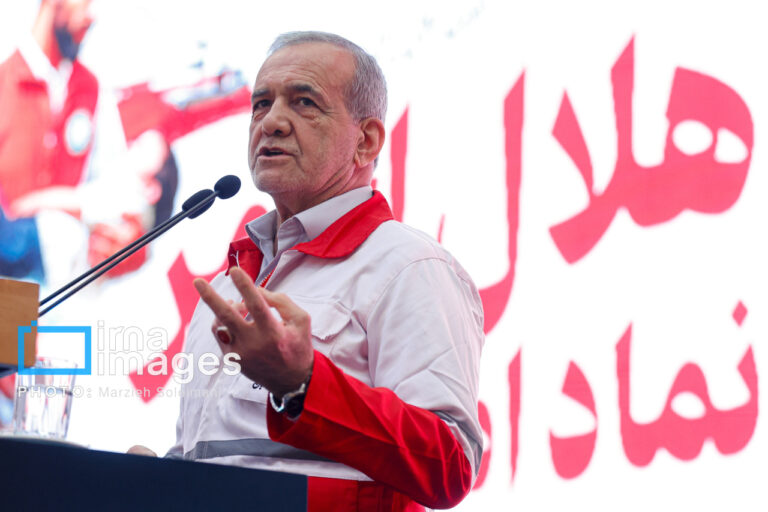
President Pezeshkian Slams Western Double Standards in Humanities Debate
Iranian President Masoud Pezeshkian condemned Western nations for their double standards on humanitarian issues during a Red Crescent Week event. He highlighted the hypocrisy of countries that promote democracy and human rights while engaging in brutal actions. Pezeshkian criticized these nations for shifting blame onto others and questioned the morality of those who support violence against vulnerable populations. He also called out international organizations, particularly the United Nations, for their inaction regarding the Israeli regime’s actions against civilians. Pezeshkian emphasized the stark contrast between the rhetoric of peace and the reality of savagery in global affairs.
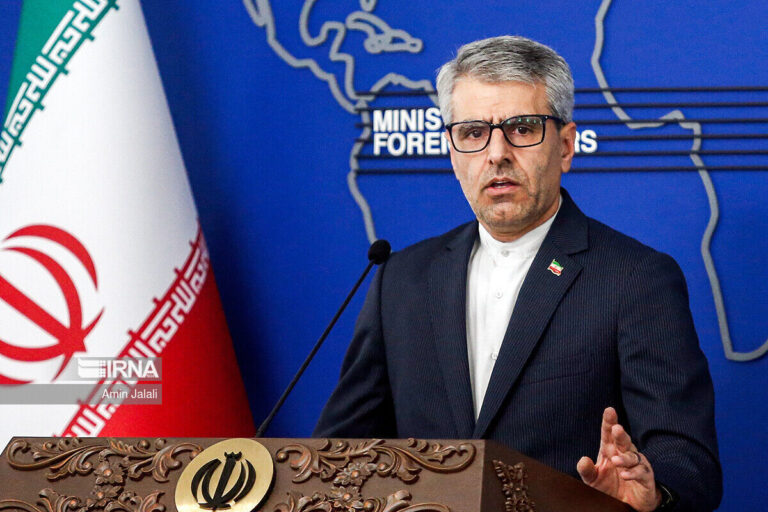
Iran Condemns U.S. ‘Humiliating’ Treatment of Migrants as ‘Unacceptable’
The U.S. administration’s treatment of Iranian migrants has faced backlash, with Iran’s Ministry of Foreign Affairs condemning the actions as humiliating and unjustifiable. Spokesperson Esmail Baghaei stated that the ministry is dedicated to advocating for the rights of expelled citizens, issuing directives to assist them through Iran’s diplomatic missions. He emphasized the right to return, assuring that all Iranians are welcome back home. The criticism arose amid intensified deportations under President Trump’s immigration policies, including a recent incident where 119 immigrants from various Asian countries were deported to Panama, often treated as criminals during the process.
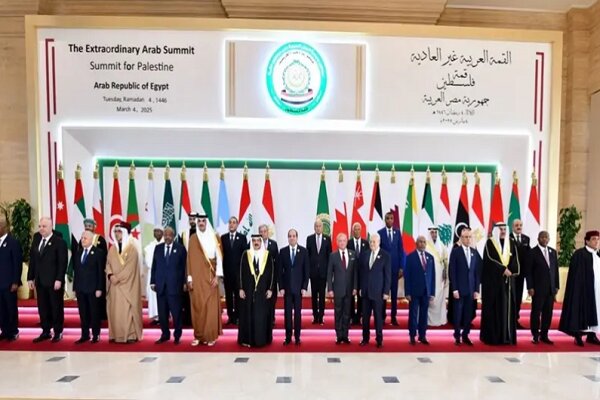
Arab League Backs Egypt’s Ambitious Gaza Reconstruction Initiative
At the Arab League summit in Cairo, Egyptian President Abdel Fattah el-Sisi proposed a comprehensive plan for Gaza, offering an alternative to Trump’s controversial initiative. The plan emphasizes maintaining Gazans in their homeland and includes forming a temporary administrative committee of Palestinian professionals, a $53 billion five-year roadmap for recovery, and an internationally supervised trust fund for financing. UN Secretary-General Antonio Guterres endorsed the initiative, stressing the importance of humanitarian aid and adherence to international law. Palestinian Authority President Mahmoud Abbas welcomed the plan, rejecting proposals for population transfers, while also expressing readiness for elections under favorable conditions.